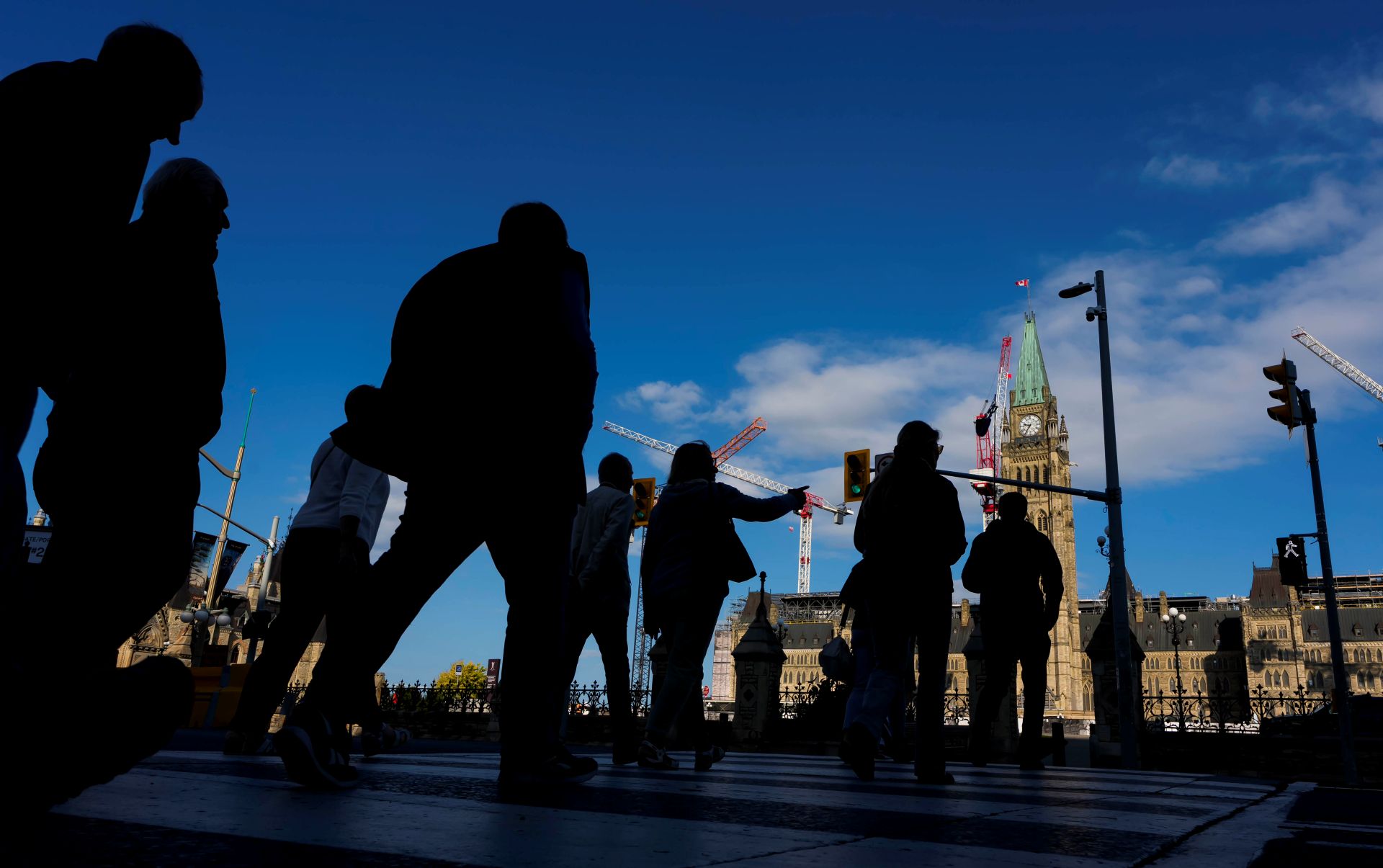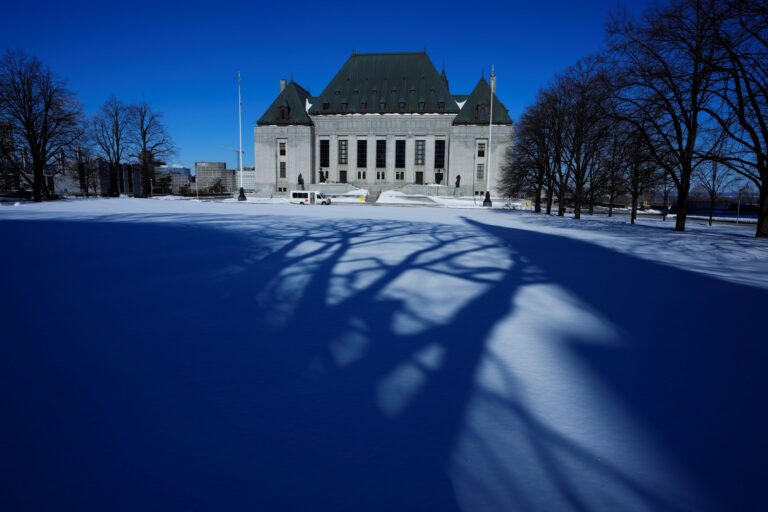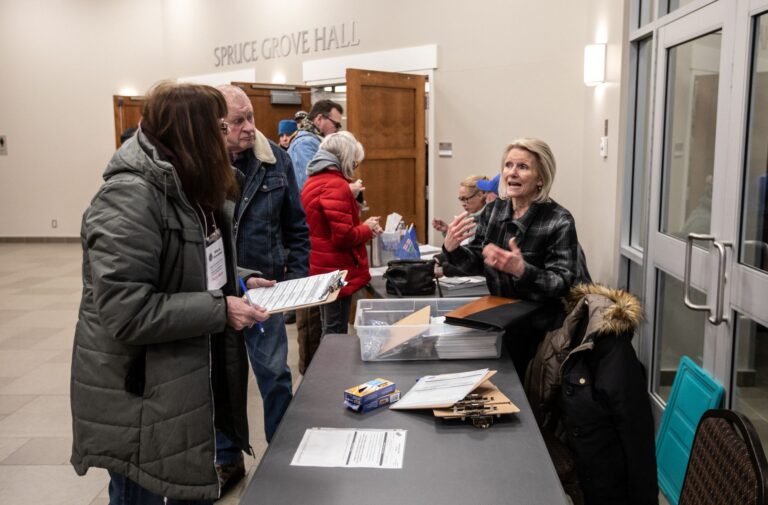Do Canadian governments trust the public and actors outside of government to understand complex issues, such as tariff policy or public health measures? Do different parts, such as the elected government of the day and the permanent non-partisan public service, trust each other enough to work together in addressing the challenges facing Canada?
If governments do not trust the people they serve and if different parts of government do not trust each other, could public confidence in government institutions further wane? These are important questions that are rarely asked.
We argue that rather than focusing exclusively on public and societal confidence in government, we should conceive of a government trust ecosystem, a complex set of interrelated trust relationships that affect the functioning of governments in Canada.
A period of rapid change
The country has entered a period of rapid change and unpredictability following the breakdown of trade and other relations with the United States.
Facing this uncertain future, Prime Minister Mark Carney and Michael Sabia, his new Privy Council clerk, are seeking to change how the federal government does business, emphasizing speed and agility in both decision-making and implementation to ensure the federal government can respond to emerging opportunities and threats.
All federal, provincial and territorial governments have prioritized streamlining approval of major projects, eliminating interprovincial trade barriers and ensuring governments maintain a competitive tax and administrative system to attract investment.
While this is hardly the first time that Canadian governments have sought to become more streamlined and efficient, the challenges the country faces in coming years may create greater pressure to reassess how governments operate.
For the country to navigate this period of uncertainty, it is not enough that governments simply reduce red tape and trim bureaucracy. Canadians must also trust their governments’ ability to adapt to change, make good on their commitments and deliver results.
Trust in government and society
Of course, a degree of public skepticism and a willingness to question government is necessary in any democracy and there are groups that have valid reasons to distrust the state. But in emergencies, higher levels of trust are essential for effective policy and administrative responses.
Overall, Canadians’ trust in government institutions tends to be around or slightly above the OECD average. However, the number of Canadians expressing confidence in the federal government dipped below 50 per cent in 2023, which could be reason for concern.
One problem is that our understanding of government trust has largely focused on the traditional one-way relationship – asking whether the public trusts the government. There are multiple metrics and public opinion studies that measure that.
But there are other trust relationships that receive less attention – even though they may be equally important to how governments function.
Trust within government
To address this gap in our understanding, we asked members of Parliament as well as public servants working at all levels of government across Canada whether they trusted organizations in the public and private sectors.
The MPs had greater trust in the public service, compared to their trust in the media, labour unions, environmental groups and private companies.
The public servants responded similarly in terms of societal groups and public servants – federal, provincial and municipal – but had lower levels of trust in elected officials, particularly leaders of political parties.
What do our findings mean, given the changes and pressures that public services are facing today?
It appears that elected politicians and public servants have higher levels of trust in themselves than in many societal actors. If government leaders trust themselves more than local leaders and organizations working in the community, this could reinforce the narrative – put forth by populist leaders – that government is out of touch or even hostile to the interests of the common people.
It is possible the relationship is reciprocal and governments’ lack of trust in society contributes to the erosion of the public’s trust in government. Geert Bouckaert, an expert on government trust, suggests society may well ask: if government does not trust us, why should we trust it?
Trust at a time of turmoil
It is difficult to suggest specific strategies that governments should undertake to show they trust the people and organizations they serve, but it requires more than focusing on efficiency and red tape.
In addition, public servants’ lower level of trust in political leadership could be a problem as the Carney government attempts to reshape and demand more from the federal public service.
Although the prime minister has indicated a reduction in the size of the federal workforce will come through attrition, Canada’s largest public sector union has raised concerns that his attempts to find efficiencies and reallocate resources will result in job losses, signalling some level of mistrust.
As Canada faces a potential economic and diplomatic realignment of a scale not seen since the signing of free trade agreements in North America in the 1980s and 1990s, the country’s ability to respond and adapt will depend on strong levels of trust between governments and society.
Expanding the notion of trust to incorporate multiple actors and two-way relationships is a necessary first step to establishing and maintaining that trust.
This article is part of a series on political leadership and trust. Click here to read more.













